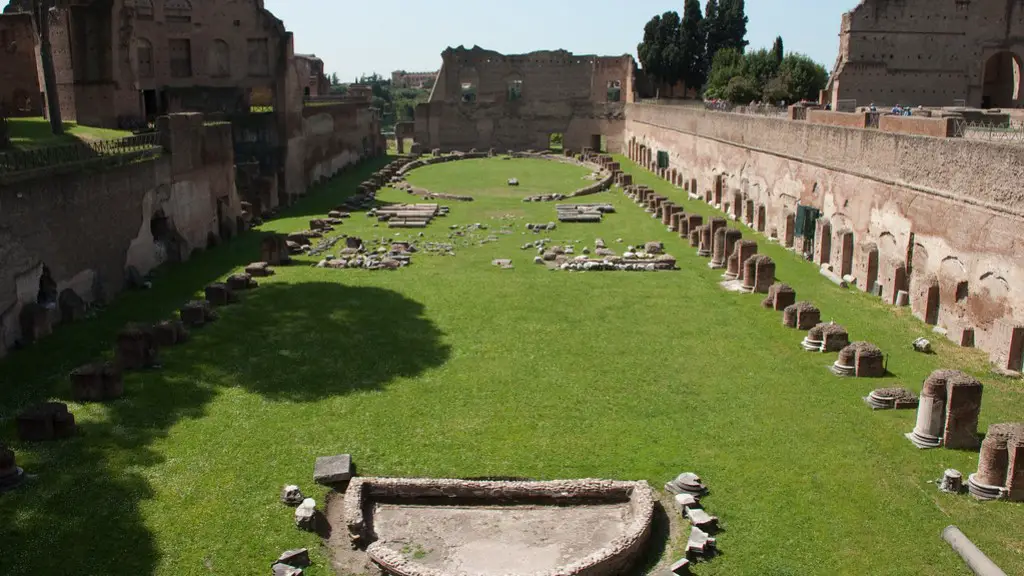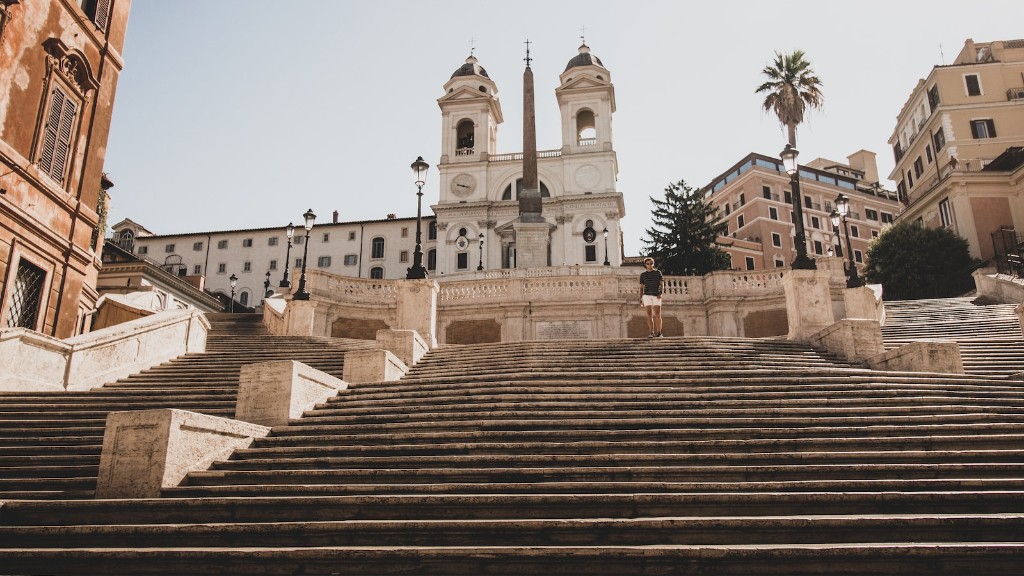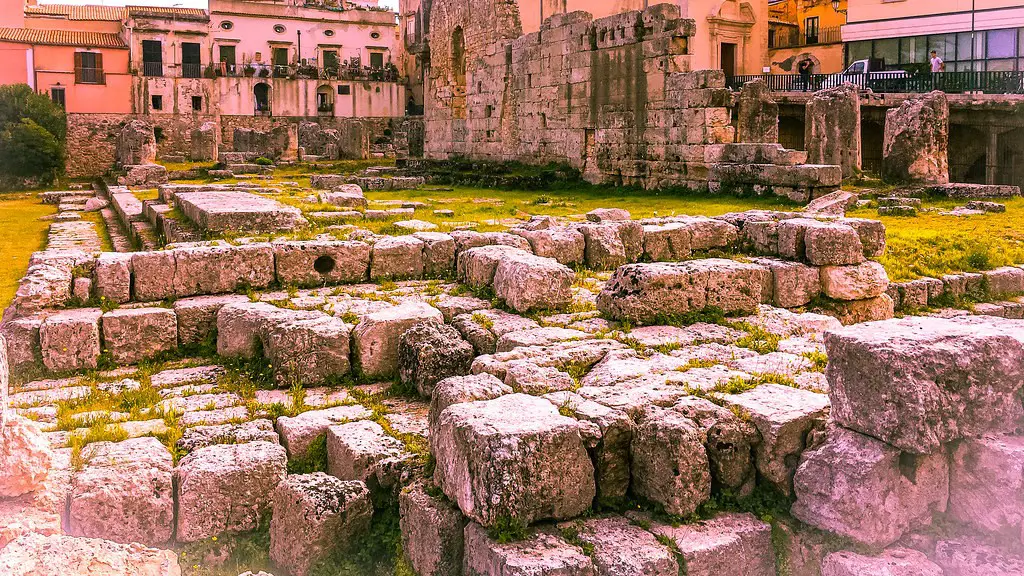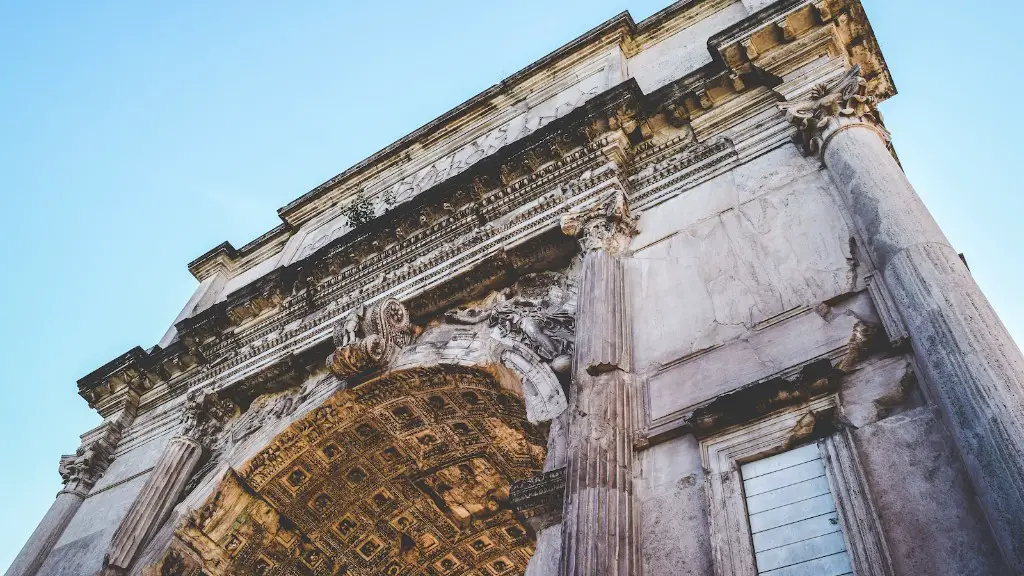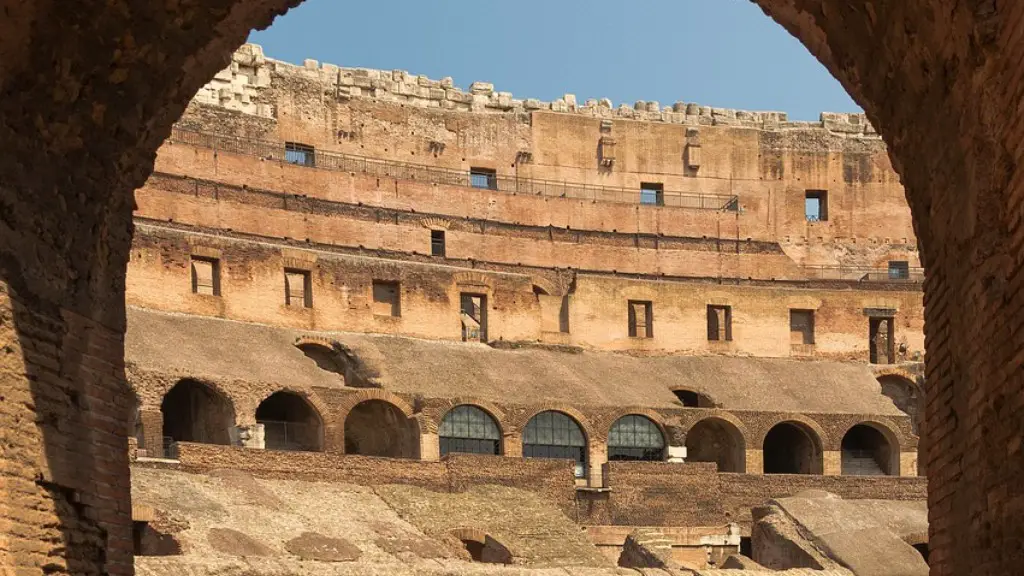In ancient Rome, voting was a privilege reserved for a small elite. The vast majority of the population was excluded from the political process. This was due in part to the fact that ancient Rome was an oligarchy, a form of government in which power is vested in a small number of people. Only a tiny fraction of the population was considered wealthy enough to vote. This group was known as the patricians. The patricians were typically land-owning nobility who had a great deal of political power.
In ancient Rome, voting was an exclusive right reserved for free male citizens who owned property.
Did plebeians have the right to vote?
The Curiate Assembly was the first legislative assembly of the Roman Republic. It was originally composed of only patricians, the upper class of Roman society. However, in 471 BC, the plebeians, the lower class, were given the right to elect tribunes. The tribunes were given the power to veto the actions of the assembly, and so the Plebeian Council was created as a way for the plebeians to have a say in the government.
Since the Romans used a form of direct democracy, citizens voted before each assembly instead of electing representatives. This allowed for more direct involvement of the people in government, but it also meant that decisions could be made more quickly.
Did Romans vote for senators
The Senate was the governing and advisory assembly of the aristocracy in the ancient Roman Republic. It was not an elected body, but one whose members were appointed by the consuls, and later by the censors. The Senate played an important role in the government of the Republic, advising the consuls on matters of state and passing laws on behalf of the people.
The patricians were the wealthy noble class in Rome who owned large estates. They often owned slaves who worked on their farms. The patricians inherited their power and held almost all the important government positions, such as the consuls. However, only males could vote.
What are patricians vs plebeians?
The patricians and plebeians were the two main social classes in Rome. The patricians were the upper class, consisting of wealthy landowners. The plebeians were the lower class, consisting of normal people. The two classes were completely separated, with the plebeians only able to marry people from their own social class.
The three tribes that the Romans were descended from were the Tities, Luceres, and Ramnes. The sixteen oldest voting tribes had the names of old patrician gentes. Their members were either from patrician families or lived on land owned by them.
Could freedmen vote in ancient Rome?
Freedmen were former slaves who had gained their freedom. They were not automatically given citizenship and lacked some privileges such as running for executive magistracies.
At this time, lower-class citizens, or plebeians, had virtually no say in the government. Both men and women were citizens in the Roman Republic, but only men could vote. This meant that the majority of the population had no say in how the government was run. This led to a lot of dissatisfaction among the people, and eventually led to the fall of the Republic.
Could plebeians be senators
In the early history of Rome, only men from the patrician class could become senators. Later, men from the common class, or plebeians, could also become a senator. Senators were men who had previously been an elected official (called a magistrate).
The plebeians were the working class of ancient Rome who held no power or prestige. They existed from the very beginning, and some of them even held land in full private ownership, which was not much different from the patricians’ quiritarian ownership. Despite their lack of status, the plebeians were an essential part of Roman society and contributed greatly to the economy and culture.
What jobs did plebeians have?
Plebeians were the backbone of Rome – without them, the city would not have been able to function. They were hard-working and honest citizens who deserved more recognition and respect from the government.
Roman citizenship was a valuable commodity in the ancient world. It conferred certain rights and privileges that were not available to non-citizens. Citizenship could be acquired by birth, if both parents were Roman citizens. Otherwise, it could be granted by the people, later by generals and emperors.
Were plebeians allowed to be consuls
The plebeians were the lower class citizens of Ancient Rome who could be elected to the senate and even be consuls. However, despite changes in the laws, the patricians always held a majority of the wealth and power.
A marriage between a patrician and a plebeian was once the only way to legally integrate the two classes. However, once the Twelve Tables were written down, a law was written which made the marriage between the two classes illegal. This law was likely created in order to prevent too much intermingling between the two classes, and to maintain the social hierarchy.
The class system in ancient Rome was very formal and official. Records were kept of each class, and being wealthy was often not enough to move up through the classes. There were three basic divisions in Roman society: citizens, noncitizens and slaves.
The Roman social classes were based on a person’s birth, wealth, and citizenship. There were four main classes: the Senators, the Equestrians, the Patricians, and the Plebeians. The Senators were the most powerful class and consisted of the wealthy upper class. The Equestrians were the second most powerful class and consisted of the middle class. The Patricians were the third class and consisted of the lower class. The Plebeians were the fourth class and consisted of the poorest citizens. Slaves were the fifth class and were owned by the upper and middle classes.
Conclusion
In ancient Rome, male citizens who owned property were allowed to vote.
In conclusion, anyone who was a male citizen of ancient Rome was allowed to vote. This right was won by the citizens through many years of fighting for their voices to be heard.
